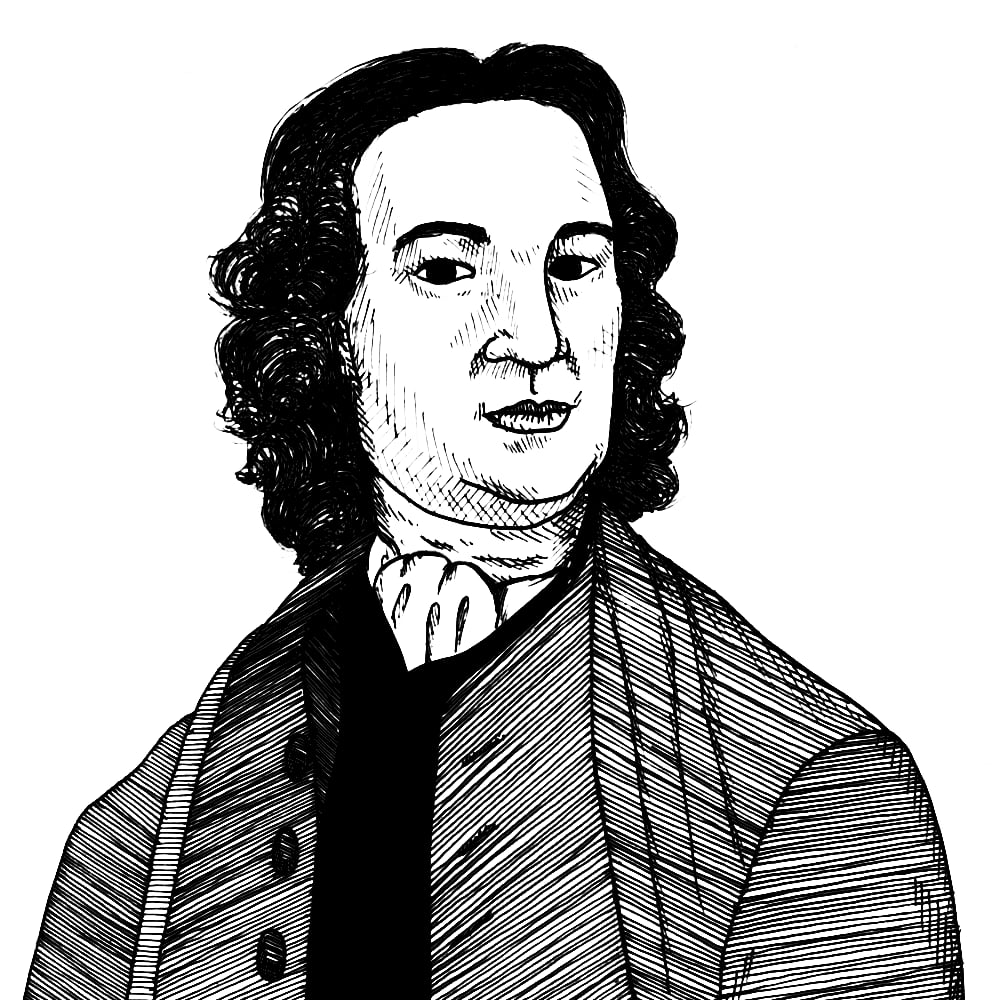
Thomas Gordon on the nature of power to expand (1721)
Found in: Cato’s Letters, vol. 1 November 5, 1720 to June 17, 1721 (LF ed.)
The Commonwealthman Thomas Gordon (1692-1750) has some acute observations about human nature. He thinks most people are too credulous or accepting of political power, and that power has a tendency to expand at the expence of liberty:
The State
Power is naturally active, vigilant, and distrustful; which qualities in it push it upon all means and expedients to fortify itself, and upon destroying all opposition, and even all seeds of opposition, and make it restless as long as any thing stands in its way. It would do what it pleases, and have no check. Now, because liberty chastises and shortens power, therefore power would extinguish liberty; and consequently liberty has too much cause to be exceeding jealous, and always upon her defence. Power has many advantages over her; it has generally numerous guards, many creatures, and much treasure; besides, it has more craft and experience, less honesty and innocence: And whereas power can, and for the most part does, subsist where liberty is not, liberty cannot subsist without power; so that she has, as it were, the enemy always at her gates.